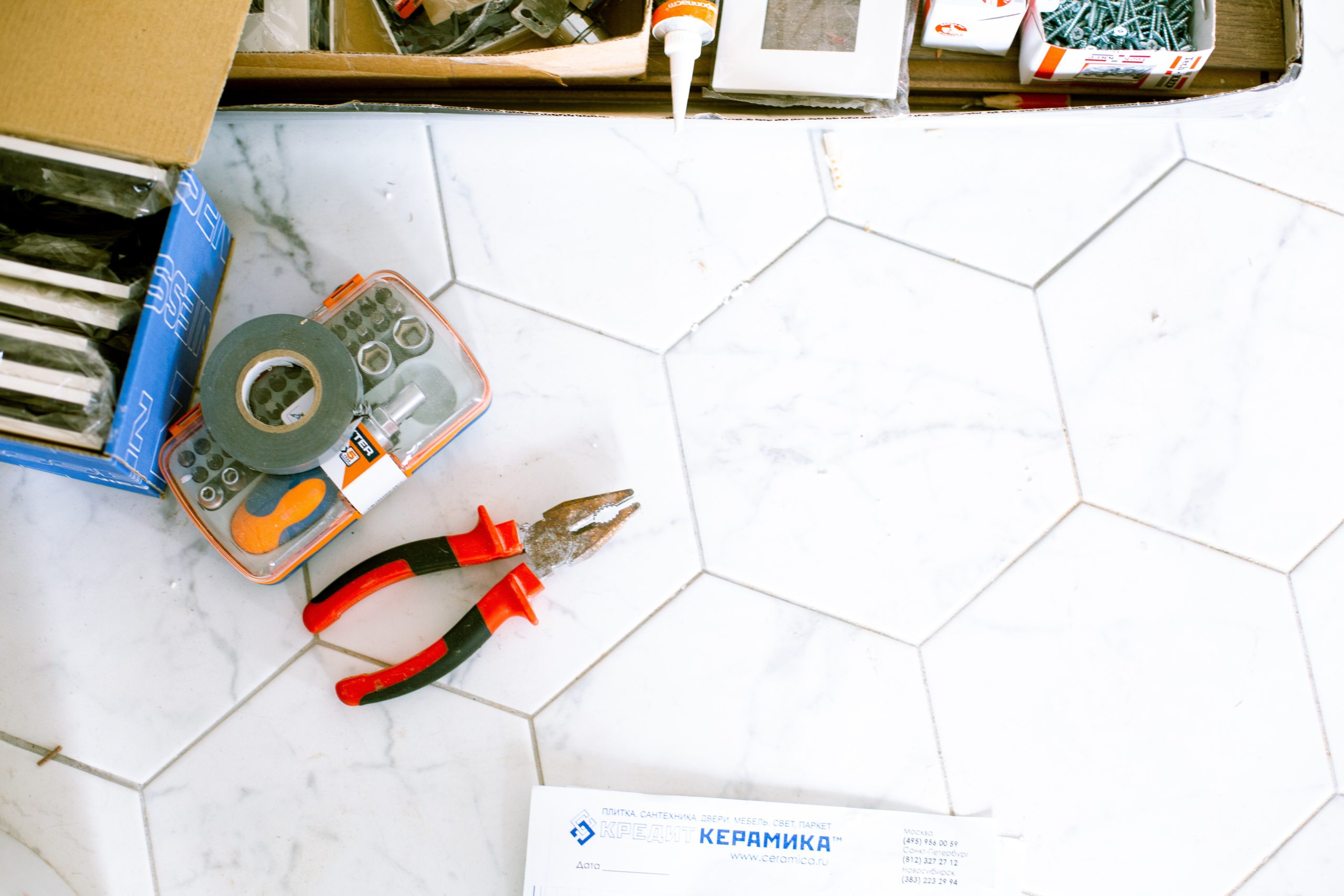The word repair and the word improvement have almost become interchangeable terms in the eyes of many landlords. Many landlords will spend money on repairs every year and also spend money on improvements every year, without ever noticing a difference. In fact, many landlords don’t even know the difference between rental property repairs and improvements.
As a landlord, it is important to understand what sets rental property repairs and improvements apart. They are both different, and it’s important that you know the difference between them so you can take advantage of all possible tax breaks, deductions, credits, and other rental property cost-saving measures.
Rental Repairs and Improvements
The average person may be confused about the difference between a repair and an improvement, especially where real estate is concerned. Generally speaking, repairs are expenses that restore something to the condition it was in prior to damage or wear. Improvements, on the other hand, improve a rental property by increasing its value.
Examples of Rental Repairs
Rental property repairs are necessary to keep your property in good, livable condition. Whether you own a single-family home or a multi-unit structure, there will be times when you will need to repair the property to ensure its continued livability.
If there is a leak in the roof, you need to fix it. If there is a broken window or door, it needs to be replaced. Electrical, plumbing, and heating systems need regular maintenance and repairs. These issues need to be resolved as quickly as possible for the safety of your tenants.
Here are some examples of common rental property repairs:
- Replacing a broken window or damaged door
- Painting the interior or exterior of a building
- Cleaning and fixing gutters and downspouts
- Fixing appliances such as refrigerators and stoves
- Replacing a broken toilet or plumbing fixture
Repairs are actions you take to bring your property back to its original condition. They address issues that need to be fixed and correct any defects in the property.
They keep your property habitable and compliant with any laws or regulations that may apply. Repairs are essential for maintaining your investment property and keeping it safe for tenants.
Examples of Rental property Improvements
Improvements are actions you take to enhance the original condition of your property. They add value to your property, make your rental more attractive than similar properties, or reduce the long-term maintenance costs of a property. Improvements increase the value of your investment.
Examples of home improvements could be:
- Upgrading from a gas stove to an induction range
- Replacing old appliances with new ones
- Upgrading from carpet to hardwood floors
- Remodeling kitchen or bathroom(s)
- Adding a deck or patio off the back of the house
Home improvements are additions to a property that are intended to increase its value, as opposed to repairs that are required to restore a property to an acceptable state for rental purposes.
Are Rental Home Repairs Tax Deductible?
Choosing a rental repair or an improvement can affect your tax deductions. Repairs to a rental home are tax-deductible, but only in certain cases. They must not qualify as home improvements.
The IRS defines repairs as any work done to fix damage and keep a property in good working condition. Repairs may include fixing leaks, repairing a broken window, or fixing structural damage to the home.
Repairs are typically tax-deductible as “ordinary and necessary” expenses of managing rental property. Businesses can deduct them right away. If you rent out your home on Airbnb or another site, those expenses reduce your income subject to self-employment taxes.
Are Rental Home Improvements Tax Deductible?
It is not uncommon for property managers and landlords to complete various improvements to their rental homes. But are remodeling costs for a rental home tax deductible?
The short answer is no. Painting, updating carpeting, replacing appliances and other similar improvements are generally not tax-deductible. The IRS classifies these as non-necessary actions that do not inherently improve the habitability of the home, and you may not deduct these costs from your taxes.
After comparing rental repairs vs. improvements, which is best for your situation?
When Do Depreciation Costs Apply?
Depreciation costs are tax deductions that allow you to recover the original cost of an asset or building over its lifespan. They can be deducted each year as opposed to all at once.
Depreciation can be calculated using either one of two methods: the straight-line method or the accelerated method. The straight-line method is simpler, but it spreads out the cost of a property more evenly over its lifespan. The accelerated method provides larger deductions at first, but smaller ones later on.
However, depreciation costs don’t apply to all repairs or improvements. The repair versus improvement debate can be quite complex—especially when it comes to rental properties—so consult a tax professional if you have questions about how to handle your specific situation.










